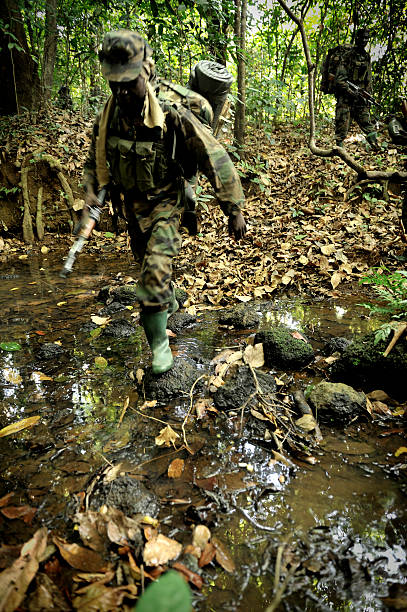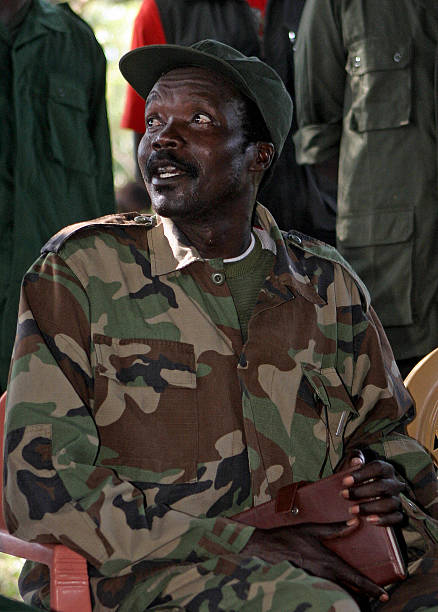Prosecutors at the International Criminal Court (ICC) began presenting evidence Tuesday in a precedent-setting in-absentia hearing against Joseph Kony, the elusive leader of Uganda’s Lord’s Resistance Army (LRA). Kony is accused of directing a campaign of atrocities across northern Uganda and neighbouring states that spanned decades.
The ICC has charged Kony with dozens of counts of war crimes and crimes against humanity — among them murder, sexual slavery, and rape — for his role in commanding the LRA. This is the first time the Hague-based tribunal has held a hearing without the accused present, a move seen as a potential blueprint for pursuing other high-profile suspects who remain beyond the court’s reach, such as Israeli Prime Minister Benjamin Netanyahu or Russian President Vladimir Putin.
While the session is not a trial, it gives prosecutors a forum to publicly lay out their case. Kony is being represented by a court-appointed defence lawyer, and judges will decide later whether to confirm the charges. Under ICC rules, however, he cannot be tried or sentenced unless physically present.
A Brutal Insurgency
By 2005, sustained Ugandan military pressure had fractured the LRA, pushing its fighters into remote areas of Sudan and the Democratic Republic of Congo. Yet the group’s guerrilla tactics — ambushing soldiers, raiding villages, and abducting civilians — continued to terrorise communities. In the 1990s, the Ugandan government controversially relocated hundreds of thousands of people into displacement camps, a strategy meant to isolate the rebels but which critics say deepened civilian suffering without defeating the LRA.
Survivors recall extreme violence. The group routinely kidnapped children to serve as fighters or “wives” for commanders, maimed victims, and used fear as a weapon. Even Kony’s lieutenants were not safe: Ugandan officials allege he ordered the killing of his deputy Vincent Otti after Otti showed interest in peace talks.

International Pursuit, Elusive Fugitive
In 2011, the United States deployed about 100 special forces advisers to assist African Union troops in hunting Kony — later increased to roughly 250 personnel — severely weakening the LRA but failing to capture its leader. Kony’s profile soared globally the following year when advocacy group Invisible Children released a viral video exposing his crimes, particularly against children.
Washington still offers up to $5 million for information leading to Kony’s arrest. Ugandan authorities believe he may be hiding in the rugged borderlands between the Central African Republic and Sudan’s Darfur region. Most of his senior commanders are dead or detained, yet Kony endures as a fugitive, a status that both fuels his notoriety and frustrates victims awaiting justice.
Many in northern Uganda view the ICC proceedings as a long-overdue reckoning. “He did many bad things,” said Odong Kajumba, a former captive forced by the LRA to carry supplies in 1996. “If they can arrest Kony, I am very happy.”



